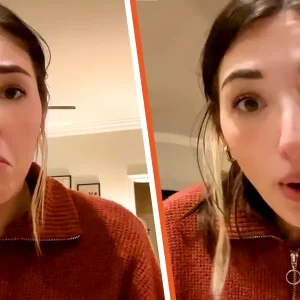When my sister Lily told us she had stage three cervical cancer, our world crumbled. Our parents moved in with her, and I supported her financially—70% of my paycheck went to treatments, rent, and supplements. She said chemo was brutal, and she needed privacy. We believed her.
But small things didn’t add up. She looked too healthy. She avoided doctor visits. Social media showed shopping sprees and outings during supposed treatment days.
Then, a chance chat at a café with a local gynecologic oncologist changed everything. She’d never heard of Lily. I checked hospital records and pharmacies—no trace of treatment anywhere.
When I confronted Lily, she broke down. “I was drowning in debt. It started as a lie, but I didn’t know how to stop.” She’d shaved her head, fabricated doctors, and let our parents sacrifice everything—all for money.
I gave her 24 hours to come clean. She didn’t.
So I told our parents the truth. They were devastated. Mom cried for days. Dad couldn’t speak. Lily raged at me for “ruining” her plan to fake a miraculous recovery. But I refused to protect her lie.
She’s now living with a friend, job hunting. Our parents are healing slowly. She texts me constantly—half apologies, half blame.
But I won’t pretend anymore.
She didn’t just lie. She turned our love into a weapon.
And when love is used to manipulate, telling the truth isn’t betrayal—it’s protection.
Because sometimes, love means drawing a hard line and saying: “No more.”





